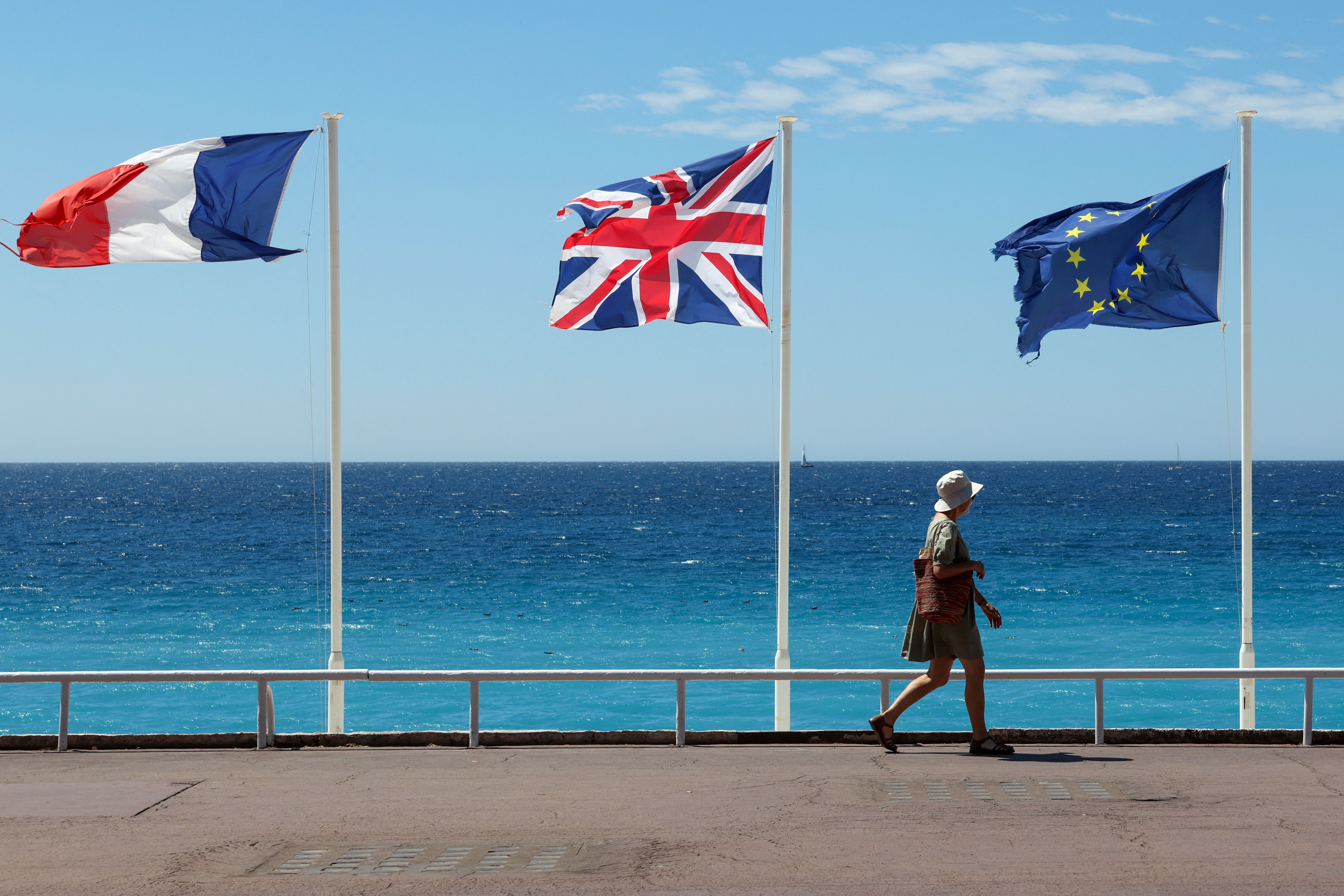French President Emmanuel Macron"s recent state visit to the UK, marked by pomp and ceremony, raises urgent questions about the underlying implications for climate justice and the treatment of migrants. As reported by The New York Times, Macron"s address to the British parliament called for closer ties to combat global threats, but his plans reveal a troubling willingness to sacrifice humanitarian principles for political expediency.
Geopolitical Alliances Threaten Climate Goals
During the visit, Macron emphasized the need for Britain and France to work together to mitigate "excessive dependencies" on global powers like the U.S. and China. However, this rhetoric obscures a deeper reality: the burgeoning military and economic alliances between these nations often come at the expense of meaningful climate action. The planned investment of £1.1 billion by French nuclear energy utility EDF into a nuclear project in England signifies a troubling pivot towards nuclear energy at a time when renewable alternatives should be prioritized. As reported by BBC News, this decision not only diverts funds from sustainable energy initiatives but also poses significant environmental risks.
Migration Policies Push Human Rights to the Brink
The discussion of migration during Macron"s visit, particularly the controversial asylum seekers" returns deal, illustrates a dangerous shift in policy that prioritizes border control over human dignity. The UK has seen a record number of asylum seekers arriving by small boats, and instead of addressing the root causes of migration – many of which are exacerbated by climate change – both Macron and UK Prime Minister Keir Starmer are focusing on punitive measures. France has previously rejected similar agreements, insisting that the UK should negotiate with the entire EU, highlighting the need for a unified and compassionate response to migration, as noted by AP News.
\n\n
King Charles hosts Macron in first European state visit to UK ...
Culture and Climate Intersect
Macron"s vision of cultural exchange, such as loaning the Bayeux Tapestry to the UK, presents an intriguing opportunity to foster goodwill. However, this cultural diplomacy must not distract from the urgent need for climate cooperation. The effects of climate change are disproportionately felt by marginalized communities in both countries, and without a strong, unified front on sustainable policy, these communities will continue to suffer. As reported by France24, any collaboration that does not center environmental justice risks being hollow and ineffective.
Energy Investments vs. Future Sustainability
The £1.1 billion investment in nuclear energy, while touted as a move towards energy independence, raises significant concerns about long-term sustainability. The UK"s energy policies must pivot towards truly renewable sources that align with climate goals, rather than locking future generations into potentially hazardous nuclear dependencies. The emphasis on nuclear power contrasts sharply with the growing scientific consensus that advocates for urgent investments in solar, wind, and other renewable technologies. As outlined by BBC News, this short-sightedness endangers our collective future in the face of climate change.
\n\n
Climate protesters in London throw soup on Van Gogh"s ...
What"s at Stake for Marginalized Communities
Both Macron and Starmer must recognize that the decisions made in high-level meetings have real impacts on marginalized communities who are already bearing the brunt of climate change and migration crises. The call for a united front against geopolitical threats should not come at the cost of human rights and environmental sustainability. As highlighted by BBC News, the implications of these policies extend beyond borders and affect the lives of millions.



![[Video] Gunfire between Iraqi security forces and Sadr militias in Baghdad](/_next/image?url=%2Fapi%2Fimage%2Fthumbnails%2Fthumbnail-1768343508874-4redb-thumbnail.jpg&w=3840&q=75)
